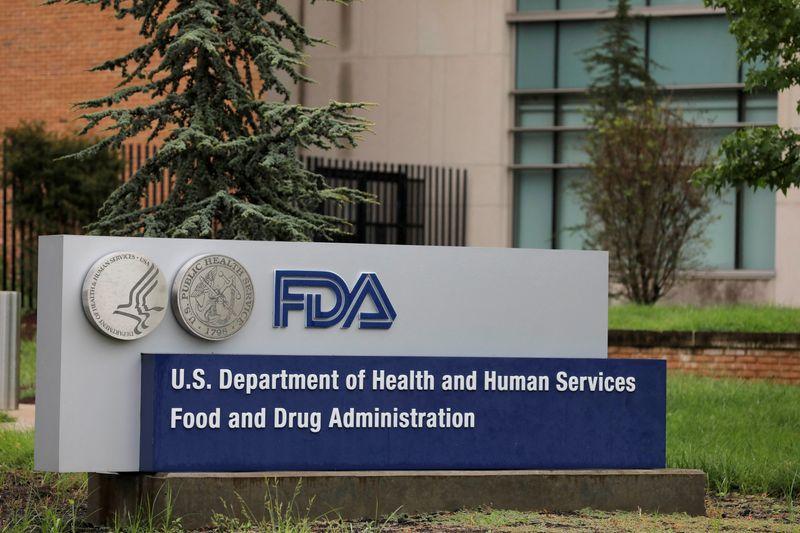(Reuters) – CTI BioPharma Corp said on Monday the U.S. Food and Drug Administration had approved its drug for treating adult patients with a type of bone marrow cancer who also have low blood platelet count.
The drug, Vonjo (pacritinib), belongs to a class of anti-inflammatory treatments called JAK inhibitors, and will compete with Incyte Corp’s Jakafi and Bristol Myers’ Inrebic, which were approved in 2011 and 2019 respectively for treating Myelofibrosis.
Myelofibrosis causes extensive scarring in the bone marrow and disrupts the body’s production of blood cells, causing low platelet count, anemia, weakness, fatigue and often swelling of the liver and spleen.
Incyte expects to generate revenue of $2.3 billion-$2.4 billion in U.S. sales alone, while Inrebic, which was acquired by Bristol after it bought Celgene in 2019, generated about $74 million in sales last year.
“We currently model that the company could get 30% market share, leading to revenue of approximately $390 million,” said JMP Securities analyst Benjamin Reni.
Reni expects CTI BioPharma to charge an annual price of $260,000 per year for the treatment, a significant premium to Jakafi’s price of $187,000 per year and a discount to Inrebic’s $275,184 per year.
CTI BioPharma Chief Executive Officer Adam R. Craig said, “We are fully funded for commercial launch, following our debt and royalty transactions with DRI, and we look forward to providing VONJO to patients within 10 days.”
The company said the drug was approved under priority and the nod triggered $60 million payment from DRI Healthcare Trust.
In a late-stage study in patients with severe thrombocytopenia who were treated with CTI BioPharma’s drug twice a day, 29% of patients had a reduction in spleen volume, compared to 3% of patients receiving the best available therapy, which included Jakafi.
In November, the U.S. health regulator had delayed its decision for the drug by three months to review additional data previously submitted by the company.
Source: Read Full Article



